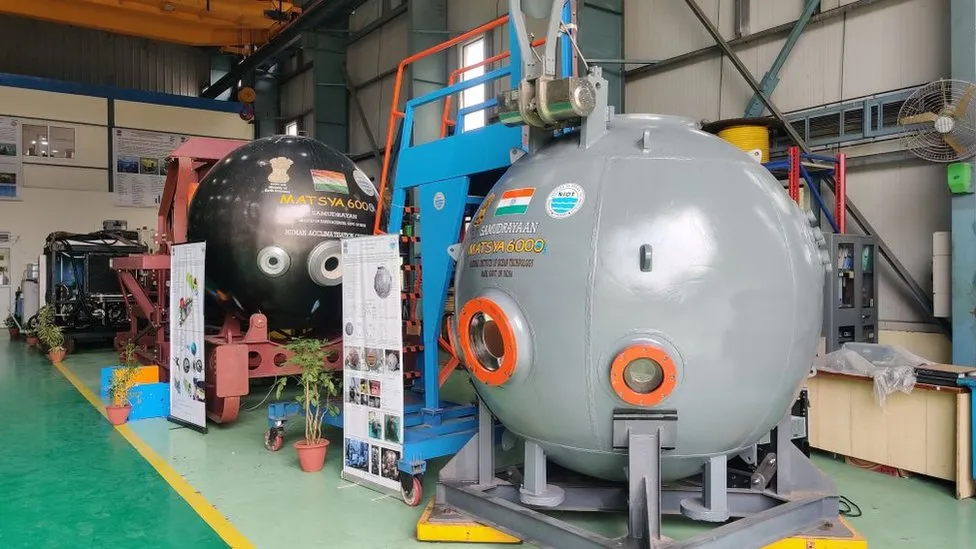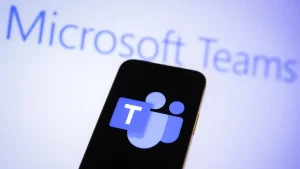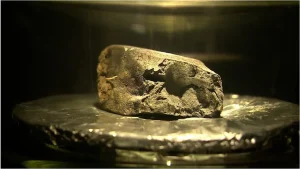India’s Underwater Battery Metal Rush
2 min readIndia in undersea race to mine world’s battery metal
India has joined the race to mine critical battery metals from the ocean floor. The country has secured the rights to explore...

India in undersea race to mine world’s battery metal
India has joined the race to mine critical battery metals from the ocean floor. The country has secured the rights to explore the seabed for polymetallic nodules, which are rich in nickel, copper, cobalt, and manganese – key raw materials for electric vehicle batteries.
India’s deep-sea mining project is part of the country’s efforts to reduce its dependence on imported minerals and boost its domestic mining industry. The Indian government has invested heavily in research and technology to extract metals from the ocean floor in an environmentally sustainable manner.
The project has the potential to significantly boost India’s domestic battery manufacturing capacity and strengthen its position in the global electric vehicle market. With the demand for electric vehicles on the rise, securing a local supply of battery metals is crucial for India’s long-term economic growth.
However, deep-sea mining is not without its challenges. Environmentalists have raised concerns about the impact of seabed mining on marine ecosystems and biodiversity. There are also technical and logistical challenges involved in extracting metals from the deep ocean, including the high pressures and extreme depths involved.
Despite these challenges, India remains committed to its deep-sea mining project and sees it as a strategic priority for the country’s economic development. By tapping into the vast resources of the ocean floor, India hopes to secure its future supply of critical battery metals and establish itself as a key player in the global battery market.





